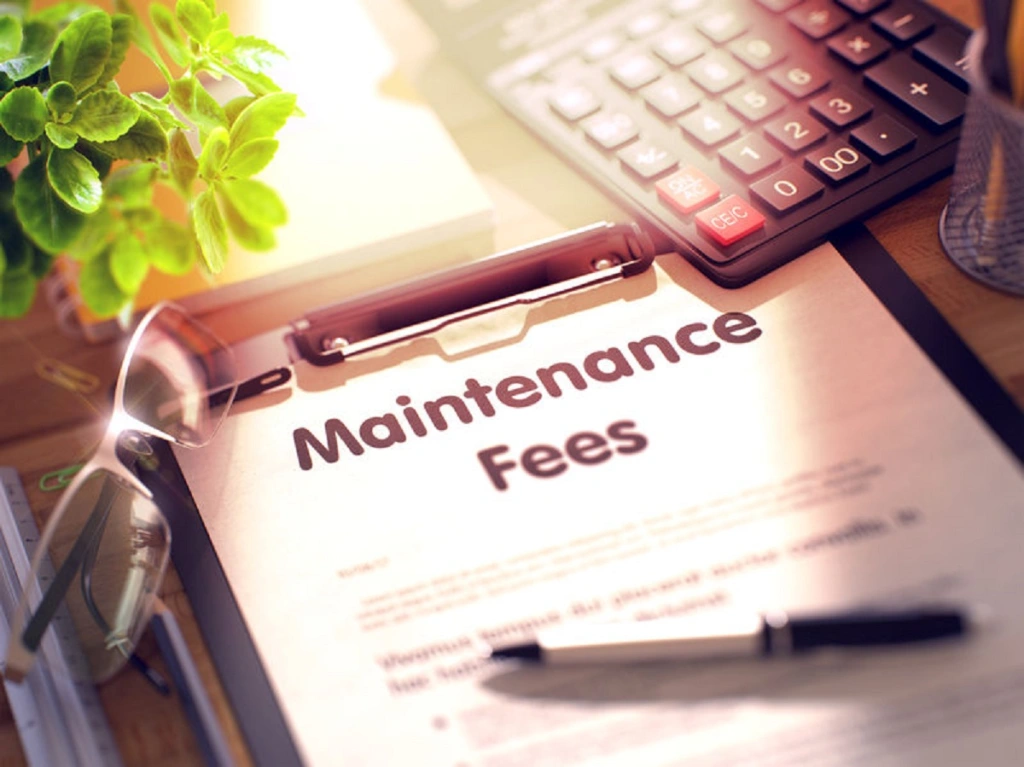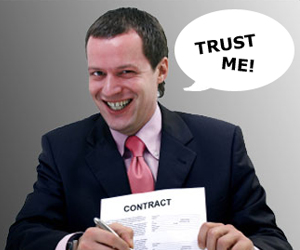Timeshare ownership often comes with a hidden financial burden in the form of maintenance fees, assessments, and other costs that owners may not be fully aware of when they initially purchase. This article delves into the world of hidden fees within the timeshare industry, exposing how timeshare companies exploit owners through these often undisclosed or underestimated financial obligations.
1. The Illusion of a One-Time Purchase
One of the deceptive tactics employed by timeshare companies is the creation of an illusion that the purchase is a one-time expense. Sales representatives may emphasize the initial cost of acquiring the timeshare while downplaying or omitting the ongoing financial commitments, such as annual maintenance fees. Buyers are often unaware that these fees can escalate over time and pose a significant long-term expense.
2. Maintenance Fees and Special Assessments
Maintenance fees are a substantial part of timeshare ownership and are intended to cover the costs of property upkeep, amenities, and operational expenses. However, these fees can increase each year, and owners have little control over the rate at which they rise. In addition to maintenance fees, timeshare companies may impose special assessments, unexpected charges for property improvements or repairs. These costs can add a considerable financial burden to owners.
3. Lack of Transparency
Timeshare companies frequently fail to provide transparent information about maintenance fees during the sales presentation. Buyers may not receive a comprehensive breakdown of the annual costs, and the potential for fee increases is often left unmentioned. The lack of transparency leads to buyers being blindsided by escalating expenses.
4. Difficulty in Resale and Rental
Owners who wish to exit their timeshare often encounter challenges when attempting to resell or rent their property. The limited demand and low resale values in the timeshare market mean that many owners are unable to recoup their initial investment. This financial loss compounds the overall cost of timeshare ownership.
5. Escalating Loan Interest
Some timeshare buyers finance their purchases through loans offered by the timeshare company. These loans can carry high-interest rates, adding to the overall cost of ownership. Additionally, the interest paid on these loans is not tax-deductible, further increasing the financial burden.
6. Exchange and Membership Fees
Exchange programs, which allow owners to trade their timeshare for stays at other locations, often come with additional fees. Owners may be required to pay membership fees for participation in these programs, and individual exchanges can incur additional costs. These fees, often not fully disclosed during the sales presentation, contribute to the financial exploitation of owners.
7. Property Taxes and Insurance
Owners are typically responsible for property taxes and insurance on their timeshares. These costs can vary significantly depending on the location and size of the property. Uninformed owners may not budget for these expenses, resulting in unexpected financial burdens.
8. Inadequate Renting Income
Owners who attempt to offset their costs by renting out their timeshare weeks often find that rental income is insufficient to cover expenses. The competitive vacation rental market and limited demand for timeshares make it challenging to secure renters willing to pay the full cost of maintenance fees.
9. Repercussions of Non-Payment
Failure to pay maintenance fees or other costs can result in consequences such as late fees, penalties, and even foreclosure on the timeshare. Timeshare companies may have the legal authority to enforce payment through various means, leaving owners with limited options and a potential negative impact on their credit.
10. Protecting Yourself from Hidden Fees
To protect yourself from the exploitation of hidden fees in timeshare ownership, consider the following steps:
a. Demand Full Disclosure: Ask for a comprehensive breakdown of all costs associated with timeshare ownership, including maintenance fees, assessments, taxes, and insurance.
b. Scrutinize the Contract: Carefully review the timeshare contract, paying attention to clauses related to financial obligations and fee increases. Seek legal counsel if necessary.
c. Budget Accordingly: Create a budget that accounts for all ownership costs, including maintenance fees and other financial obligations. Make sure you can comfortably afford these expenses.
d. Explore Exit Options: If the hidden fees and costs become burdensome, explore exit options such as selling, transferring, or negotiating your way out of the timeshare.
e. Report Deceptive Practices: If you believe you were misled about fees during the sales presentation, consider reporting deceptive practices to relevant consumer protection agencies.
Conclusion
Hidden fees and undisclosed costs are a prevalent issue within the timeshare industry, contributing to the financial exploitation of owners. To protect themselves from these practices, buyers and existing owners must demand transparency, review contracts thoroughly, budget for all costs, and explore exit options if the financial burden becomes overwhelming. By taking these steps, consumers can better safeguard their financial interests in the world of timeshare ownership.




